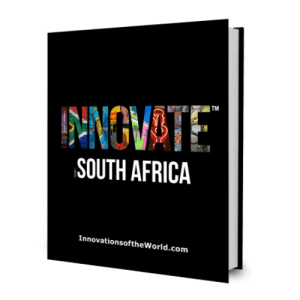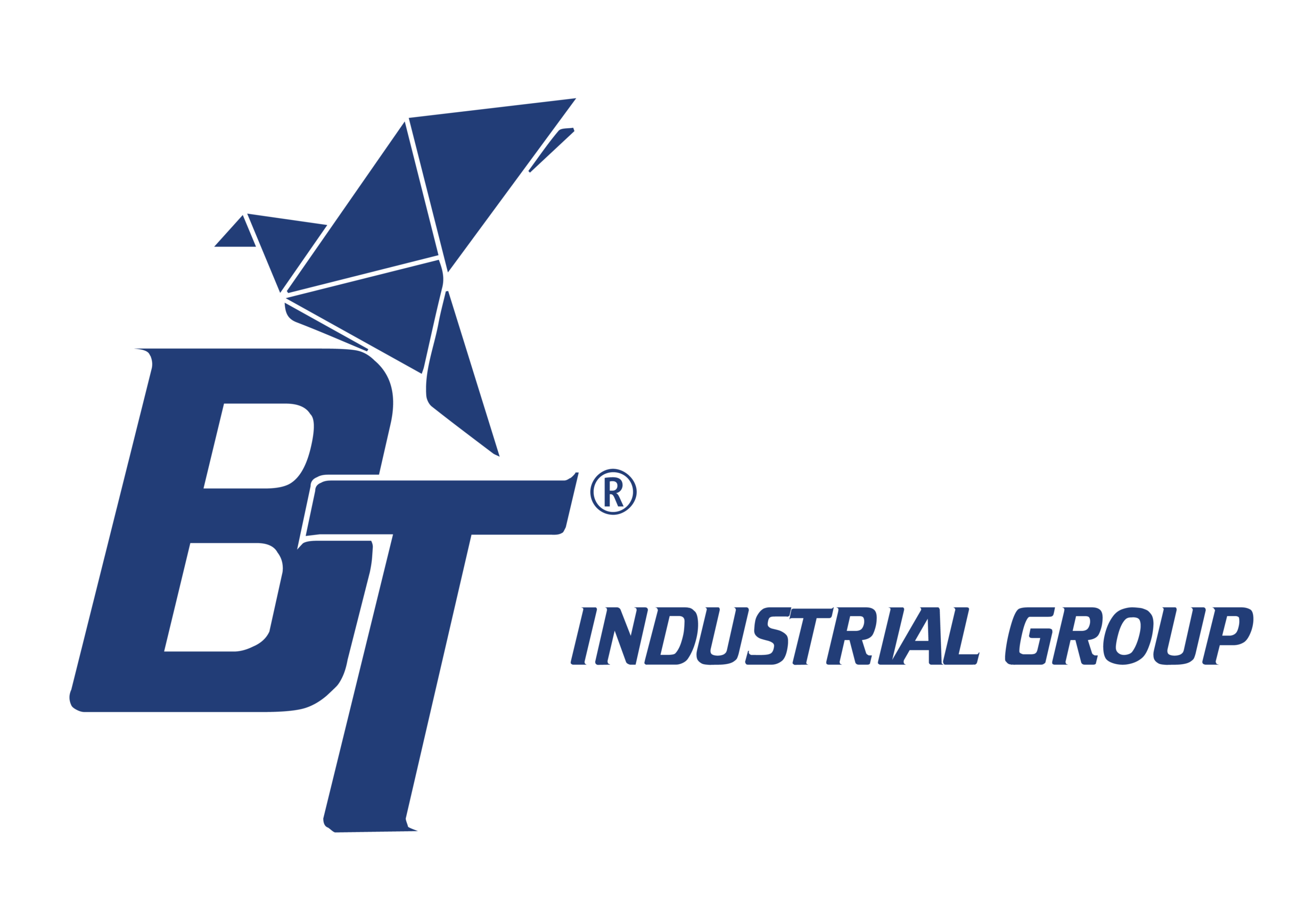We have to rethink our national strategy for growth, meaningful economic participation of blacks and job creation; it’s not just about funding and quality of education. I argue that South Africa is a sleeping giant ready to take on the world; we may just be waiting for the right moment to take our position.
I’ll make my point through a personal story.
There is a long-standing idea that South Africa lacks the skills and competencies to compete on the global stage, particularly in light of the criticisms levelled at our public education system, general incompetence and corruption. However, despite many of the terrible stories seen in the media, some events of 2020 at the start of the pandemic reinforced my beliefs.
When the world went into lockdown, and global supply chains were disrupted, the price for essential items skyrocketed. With the rich countries seizing all they could to secure for the benefit of their citizens, South Africa bore the brunt of that situation. Our fate was not in our hands but in the hands of those who produced those products of which we were in such desperate need of.
Just a Quick Note:
InnovationsOfTheWorld.com has partnered with Trade License Zone (TLZ) to support global innovators looking to expand internationally. Take advantage of the UAE’s Free Zones—enjoy streamlined setup, low corporate taxes, and a strategic gateway to the Middle East and beyond.
Get Your UAE Free Zone License Fast & Easy!One of the critical products that drove the price of respiratory masks in the early days was the availability of medical-grade electrostatic polypropylene-based filters, which are at the heart of medical masks. In general, South Africa and the world had no production capacity or capability as we thought, and nearly all the filters in the world were being produced in the far east.
When the pandemic took its toll on the world, the price for these filters rose to 250 times the cost of the raw materials required to make them, and it meant that the world would pay an absolute premium to protect the lives of their essential workers and citizens.
Like many, I had no idea of the filters or how to produce them. Our company had experience in the production of polyethene, our engineers understood the product and how to manage quality, but the medical sphere was foreign to us. In the context of South Africa, it is relevant to mention that our team is 99% black and many educated in the public system. During that time, the apparent price exploitation forced us to look into this issue of medical filters, and within a few weeks, the team had cracked it. We would produce from 100% locally sourced raw materials to ensure complete independence from imports.
Not only did we get the production right, but the quality of our products also spoke for itself and our pricing well in line with global competitors. Within a few months, we had been approached by several European and American companies looking to diversify away from the east.
Here we were, a 100% black-owned South African company with an employee base educated in the public system yet competing on the global scale in producing innovative and specialised medical products. Also, we were not alone in this mission; other South African companies followed suit in their spheres.
There was a time when labour cost was the most significant competitive advantage the east had over the rest of the world; however, technological advancements have largely belied that truism. In the internet age, expert knowledge is available at the click of the button. Also, with computerised high throughput production equipment, any country with the appropriate strategic focus can build a substantial and competitive industrial sector based on manufacturing.
Despite all our macro challenges, in my view at least, South Africa is ready to be more import independent; and in doing so, we will drive our own industrial development. The opposite is that we continue to allow our industrial capacity to erode. We would then enter a downward spiral with smart technical people leaving for countries to get relevant work. Joblessness will increase, and we will become more dependent on foreign countries for essential goods and services.
We have a long and proud national history of ingenuity and innovation, with many of our brethren having left our shores to take global leadership in some of the most forward-looking fields. This is the country that converted coal into fuel; undertook the world’s first heart transplant; ended apartheid; and gave birth to someone who is reshaping our thinking about cars, space and the future of humanity.
We seem to have forgotten what we are capable of; perhaps we just need to rethink our national priorities and personal purchasing patterns.















